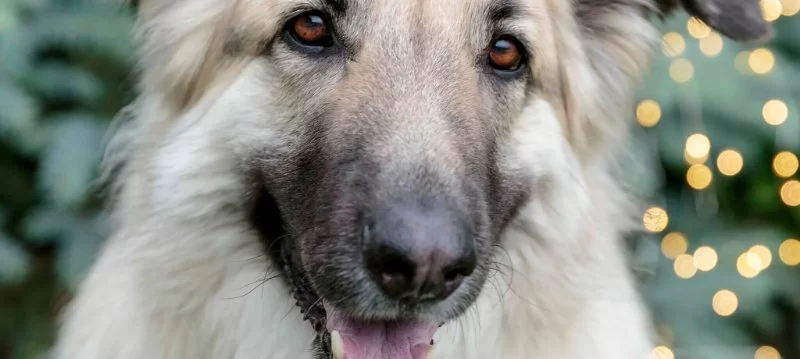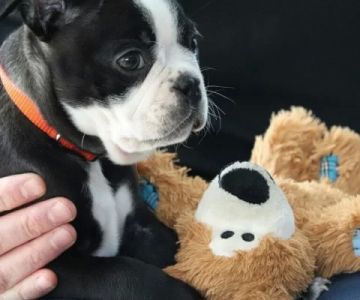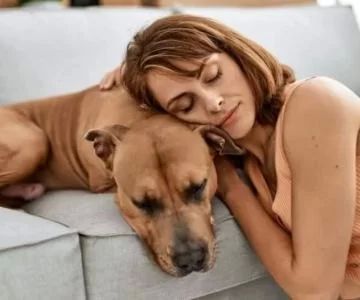- 1 - Why Dogs Drool More at Night
- 2 - Health Conditions Linked to Nighttime Drooling
- 3 - Behavioral and Environmental Triggers
- 4 - Real-Life Stories from Pet Owners
- 5 - When to Be Concerned and Seek Help
- 6 - Preventive Care and Comfort Strategies
Why Dogs Drool More at Night
Drooling in dogs is natural, but when it happens excessively at night, owners often get concerned. Saliva production increases during sleep if dogs are in deep relaxation or lying in certain positions where gravity causes drool to pool. Some breeds, like Bloodhounds and Saint Bernards, are naturally more prone to drooling. However, dog excessive drooling at night can also be a subtle signal of discomfort or a health problem that requires attention.
Health Conditions Linked to Nighttime Drooling
Medical issues are among the most common reasons for unusual drooling. Dental disease, oral infections, and gum inflammation can cause saliva to build up. Gastrointestinal problems like nausea or acid reflux may also trigger nighttime drooling. More seriously, toxins or neurological issues could result in uncontrolled saliva production. Understanding whether drooling is routine or abnormal helps owners decide when to monitor and when to seek professional guidance from clinics such as Hidden Brook Veterinary.
Behavioral and Environmental Triggers
Not all drooling at night is linked to illness. Some dogs drool because of stress, separation anxiety, or excitement before bedtime. Changes in environment, like moving to a new home or adding another pet, can temporarily increase nighttime drooling. Even the room’s temperature or air circulation may play a role. For example, dogs sleeping in warmer environments might pant and drool more heavily during the night, creating puddles that worry their owners unnecessarily.
Real-Life Stories from Pet Owners
One Labrador owner shared online how her dog began drooling excessively at night after a dental issue went unnoticed. A quick veterinary check revealed a cracked tooth, which once treated, resolved the drooling. Another pet parent noticed drool pooling only when their Beagle slept in a specific position on the couch. Adjusting the dog’s sleep setup reduced the problem immediately. These cases show that dog excessive drooling at night can range from harmless quirks to red flags needing prompt attention.
When to Be Concerned and Seek Help
Excessive drooling becomes a concern if it appears suddenly, is accompanied by foul odor, blood, or changes in eating and drinking habits. Dogs that struggle with swallowing or show signs of nausea may need immediate medical attention. It’s always better to err on the safe side. If your pet’s drooling changes abruptly or worsens, reaching out to trusted professionals like Hidden Brook Veterinary ensures peace of mind and timely care.
Preventive Care and Comfort Strategies
Owners can reduce nighttime drooling by keeping up with regular dental cleanings, maintaining a calm bedtime routine, and ensuring dogs have access to fresh water. For pets prone to acid reflux, feeding them smaller meals earlier in the evening can help. Using washable bedding also makes cleanup easier, so drooling doesn’t disrupt a restful night’s sleep. Prevention and attentive care go hand in hand when supporting your pet’s health and comfort.
Ultimately, while dog excessive drooling at night can sometimes be normal, it’s also a potential indicator of deeper health issues. Knowing when to observe, when to act, and where to seek expert help empowers pet owners to provide the best care for their furry companions.











